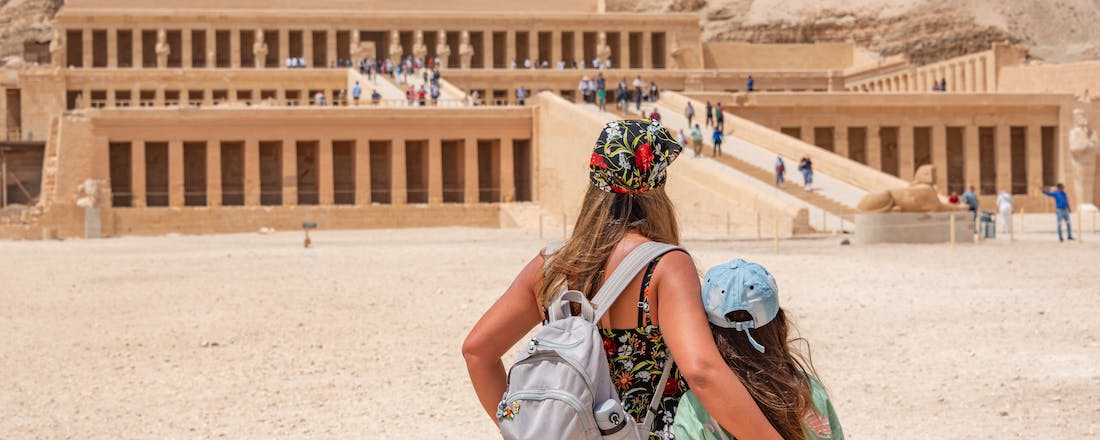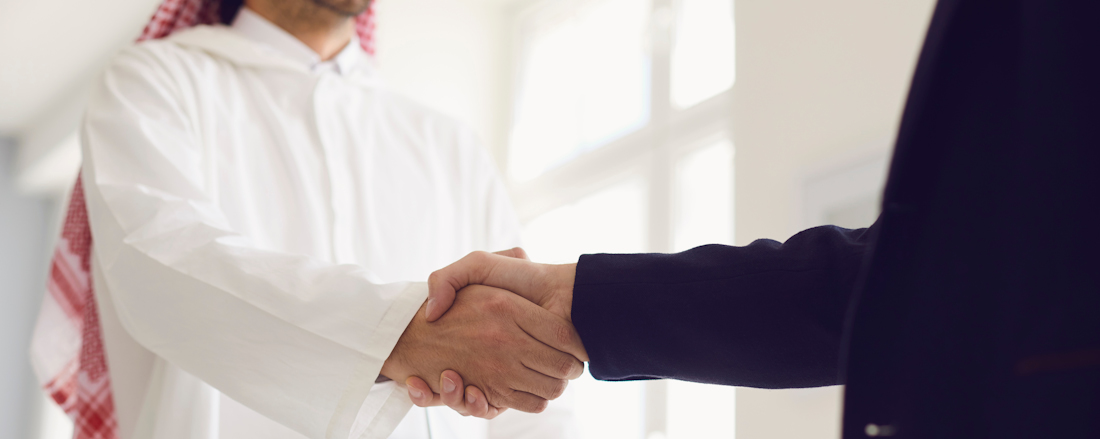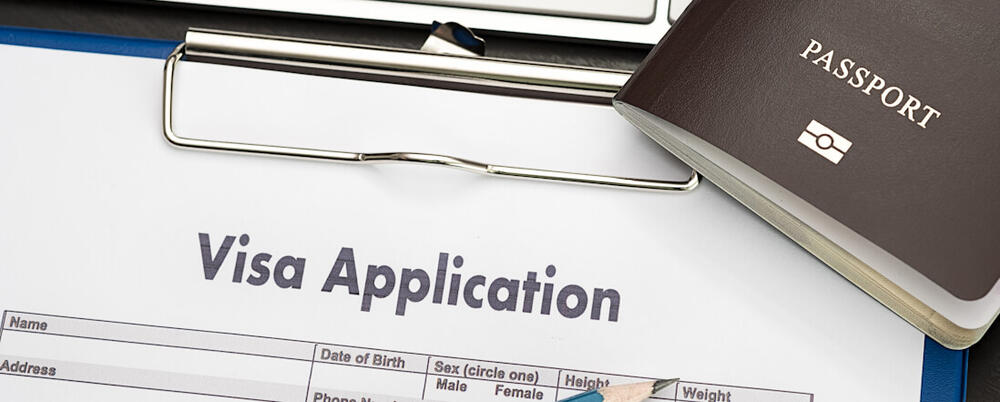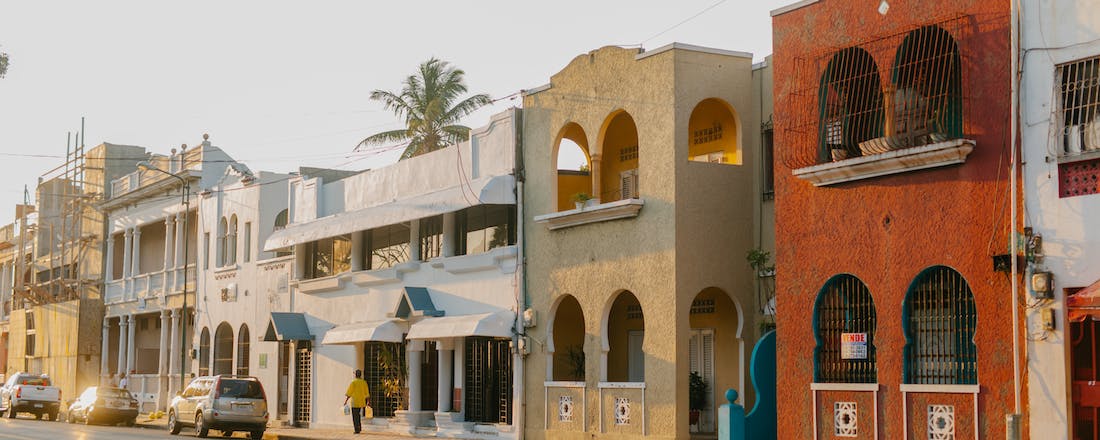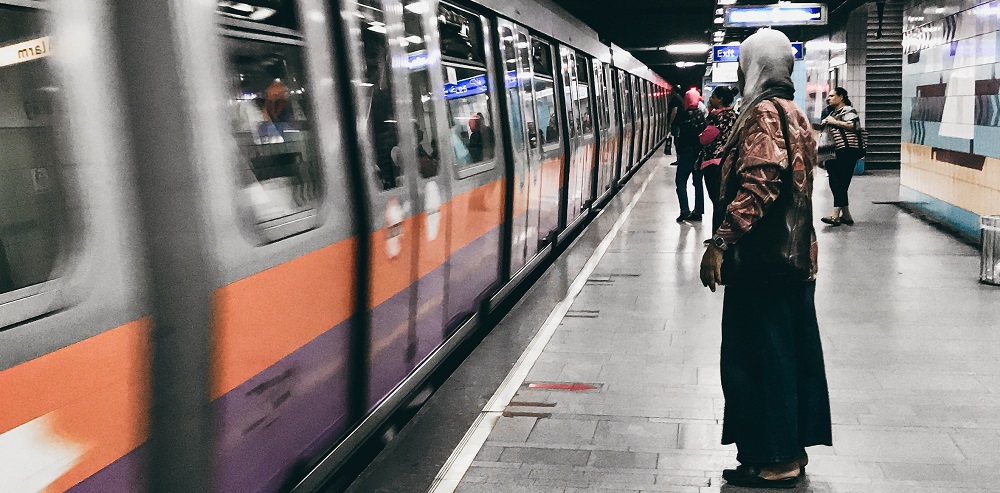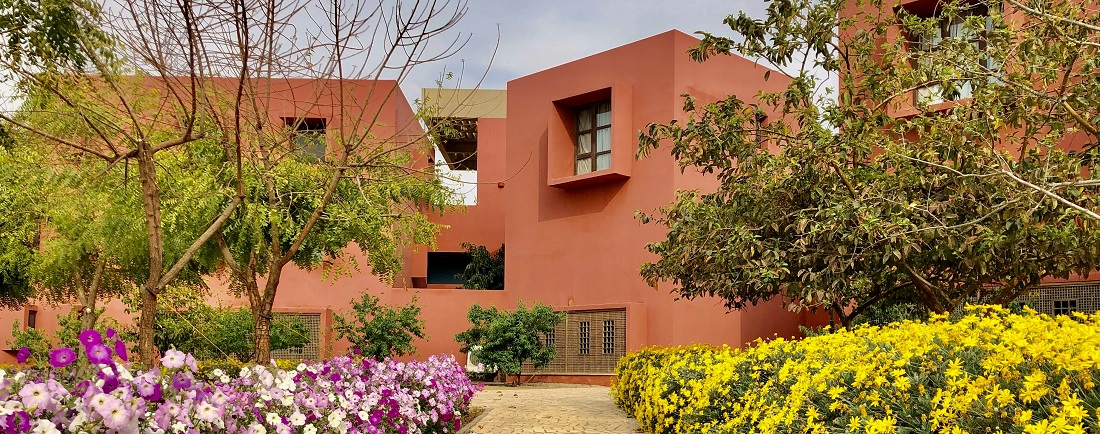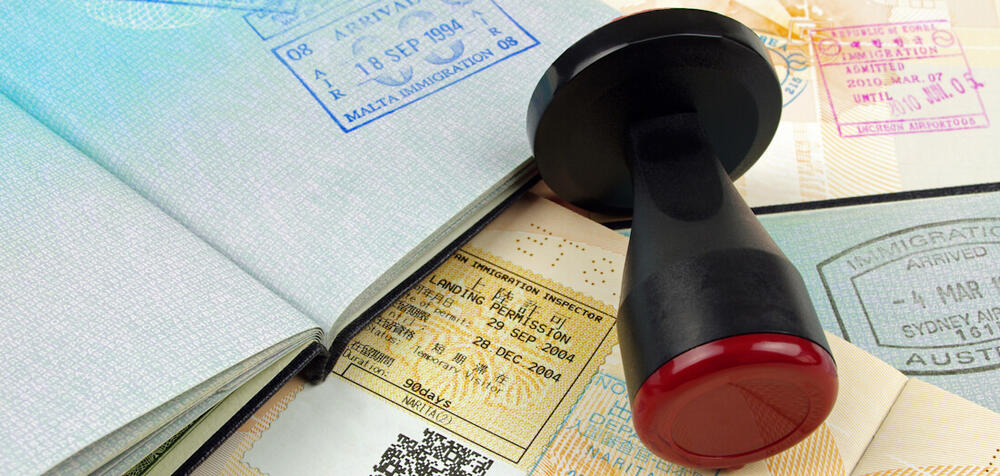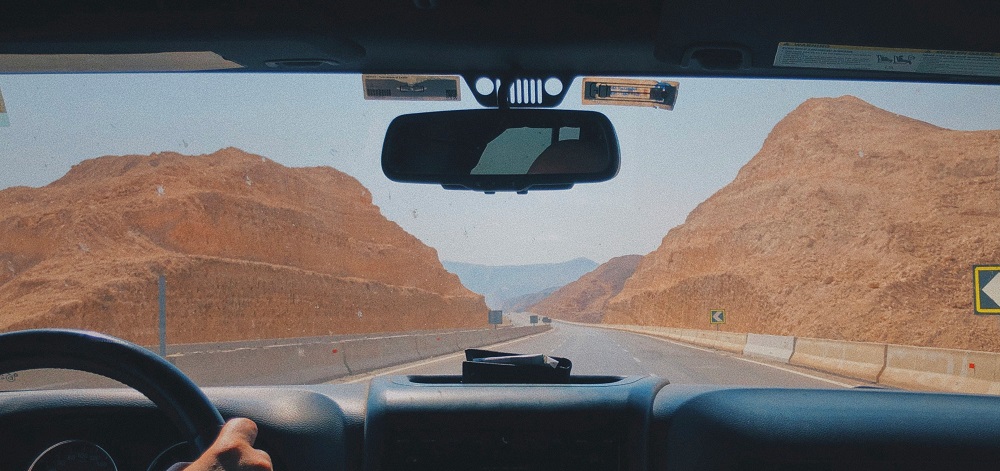Safety in Egypt has recently improved, with the current government prioritising safety in Egypt's main centres such as Cairo. Policing has become more visible in the capital city, particularly in the tourist areas.
Still, underlying socio-economic concerns, including poverty and unemployment among the youth, high commodity prices, shortfalls in certain essential goods and tensions between Christians and Muslims that periodically flare into violence.
Terrorism in Egypt
Following the events of the Arab Spring, Egypt's military instituted strict security measures to improve the safety situation in the country. The military crackdown stoked anti-government sentiment and further motivated non-state extremist armed groups to carry out acts of terrorism in the country. The violence has largely been focused on the North Sinai governorate.
Recently, there has been military activity in the Red Sea to prevent possible attacks that may attack international shipping. There have also been attacks on the Suez Canal, so expats are encouraged to remain up-to-date on the latest news and travel advisories issued by their home countries.
Crime in Egypt
Crime rates in Egyptian cities are moderate. Expats should take sensible precautions with their security and possessions. Petty crimes, such as opportunistic theft, pickpocketing, bag snatching and street scams, remain a concern.
As with violent crime, the issue is exacerbated by political developments and high levels of poverty and unemployment. The threat of being impacted by these crimes is elevated in crowded and busy areas, such as markets, transport hubs and areas frequented by foreigners.
Women's safety in Egypt
Sexual harassment remains a pressing social grievance in Egypt. The verbal and, at times, physical harassment of women by large groups of men has generated considerable debate and concern in Egyptian society. Female expats should travel in a group and avoid walking alone at night.
Protests in Egypt
Egypt has experienced high levels of civil unrest since 2011. The primary drivers of protests in Egypt include economic concerns, political developments and religious tensions. Areas in public squares, universities, city centres, courts and government buildings are considered potential protest hotspots.
Many gatherings are well publicised, and expats should monitor the local press closely for updates on planned events. The security impact on expats is largely incidental, but it’s best to avoid all street gatherings as a precaution. In addition, expats should note that Egypt continues to experience elevated levels of labour-related strikes, which have sometimes severely impacted business and state operations.
Road safety in Egypt
Road traffic fatalities are among the leading causes of death in Egypt. Poor driving standards, disregard for basic traffic laws, insufficient street lighting and poor law enforcement are cited as the main contributing factors. The threat extends to pedestrians, particularly in the larger urban areas. Caution is advised when crossing streets. When driving, it’s best to adopt a defensive driving style.
Safety in the Sinai Peninsula
The overall security situation in the Sinai Peninsula is poor. While the region’s major resort areas, such as Sharm el-Sheikh, are relatively secure thanks to a heavy security force presence, travel outside tourist areas is not advised, particularly in the North Sinai governorate.
The situation in this part of the country remains tense and violence is ongoing. Expats are advised to avoid travelling outside of tourist resort areas in the South Sinai governorate and against all travel to the North Sinai governorate.
